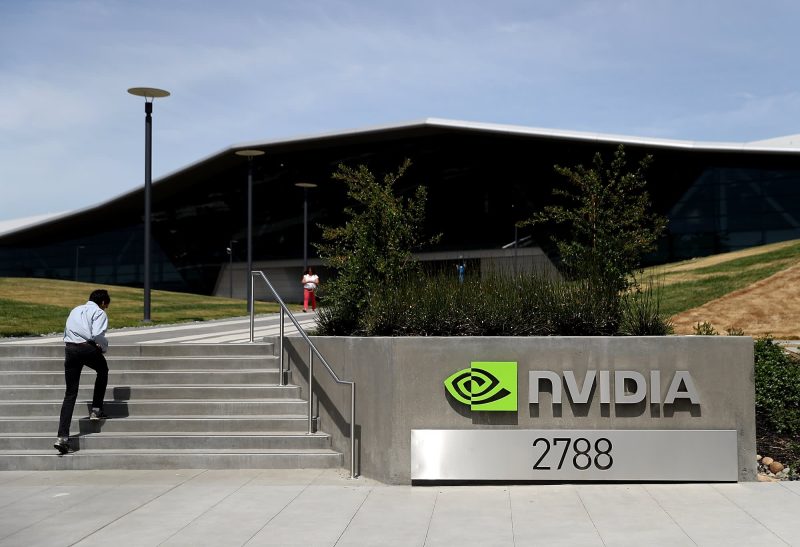China summoned Nvidia to address security concerns regarding its H20 artificial intelligence chips sold in the Chinese market.
The Cyberspace Administration of China (CAC), the country’s top internet regulator, convened a meeting with Nvidia representatives to investigate potential “backdoor security risks” and vulnerabilities in the H20 chips.
This scrutiny comes amid revelations from US experts and lawmakers alleging that Nvidia’s chips might incorporate location tracking and remote shutdown capabilities, raising worries about user privacy and national security in China.
Tech tensions cloud Nvidia’s China path
Earlier this year, Washington clamped down on sales of advanced AI chips like Nvidia’s H20 to China, citing national security concerns and the risk of military use.
But in a sharp reversal, the Trump administration recently gave Nvidia the green light to start selling the chip again, a move CEO Jensen Huang publicly welcomed, warning that locking American firms out of China would only hurt their global competitiveness.
Still, while the US has loosened its grip, fresh regulatory pressure from Beijing is now muddying the waters, leaving Nvidia’s future in the Chinese market far from certain.
The CAC‘s demand for detailed explanations and evidence of the chip’s security profile signals caution amid escalating US-China tensions over AI supremacy and semiconductor technology.
Chinese authorities appear wary of potential foreign technological “backdoors” that could compromise data security or give foreign parties control over critical AI infrastructure.
Trade talks fade
The timing of the summons is hard to ignore.
It lands just days after high-level trade talks between Washington and Beijing signaled a rare moment of easing tensions, particularly around technology.
It also comes on the heels of Nvidia CEO Jensen Huang’s recent visit to Beijing, where he met with senior officials and sought to reinforce confidence in the company’s presence in China.
Nvidia’s H20 chip, specifically designed to comply with US export restrictions has been a standout success in China since its launch in 2024, and it’s now central to the company’s China strategy.
But a statement from China’s Cyberspace Administration has stirred fresh uncertainty, pointing to US legislative efforts that would require AI chips exported abroad to include tracking or location verification tools, features that, if found in the H20, could raise major red flags in Beijing.
For a government that’s made tech self-reliance a national priority, any hint of surveillance risk tied to American-made chips would be deeply problematic.
Nvidia has firmly denied the claims, saying its hardware contains no hidden features or backdoors, and warning that compromising customer trust would be bad for business.
Still, the investigation casts a shadow over Nvidia’s China prospects.
Any regulatory holdups or erosion in confidence could slow sales and give domestic chipmakers room to close the gap, right as Beijing accelerates efforts to build a homegrown semiconductor industry.
The post Why did China summon Nvidia after US trade talks? appeared first on Invezz


